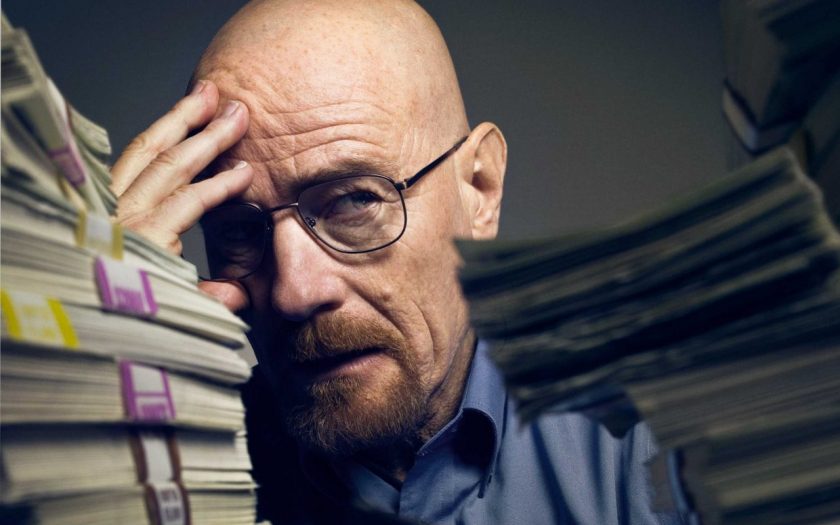The Upside is a film (inspired by a true story) about a disabled person being cared for by an ex-convict. Philip (Bryan Cranston) is a wealthy quadriplegic who needs a caretaker to help him with his day-to-day routine in his New York penthouse. He decides to hire Deli (Kevin Hart) a struggling parolee who’s is trying to reconnect with his ex.
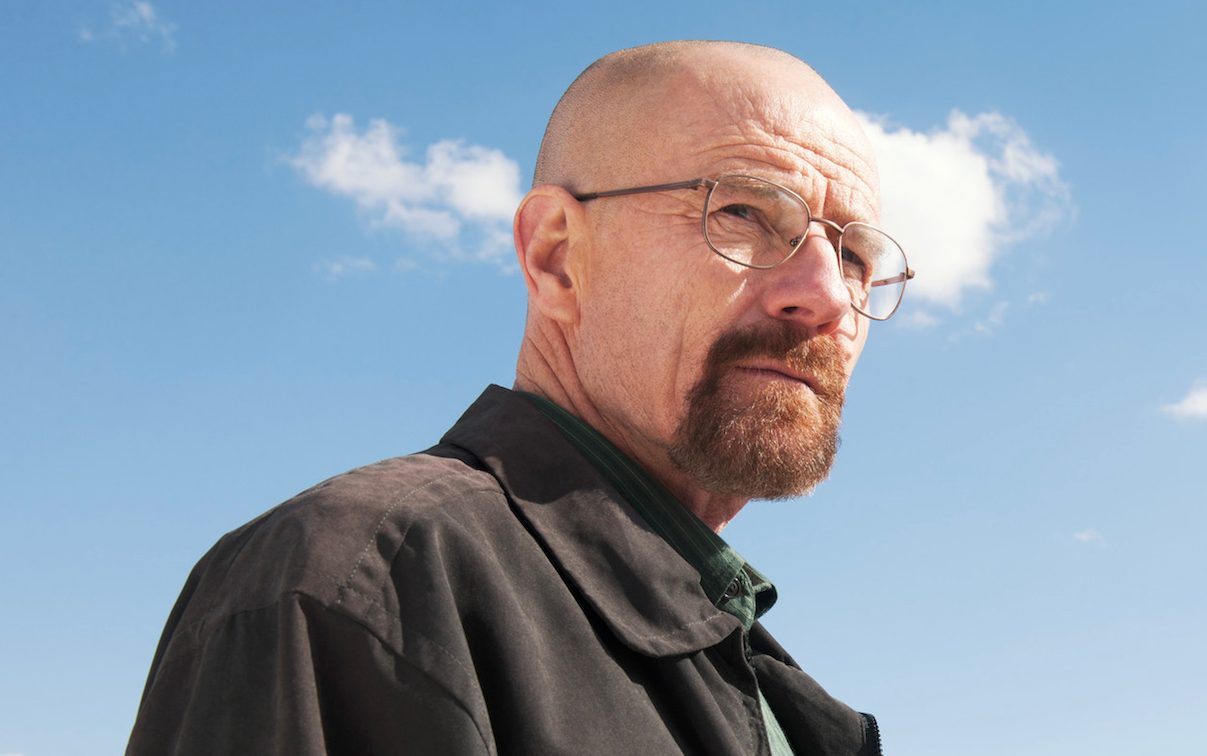
Bryan Cranston plays Philip in ‘The Upside’
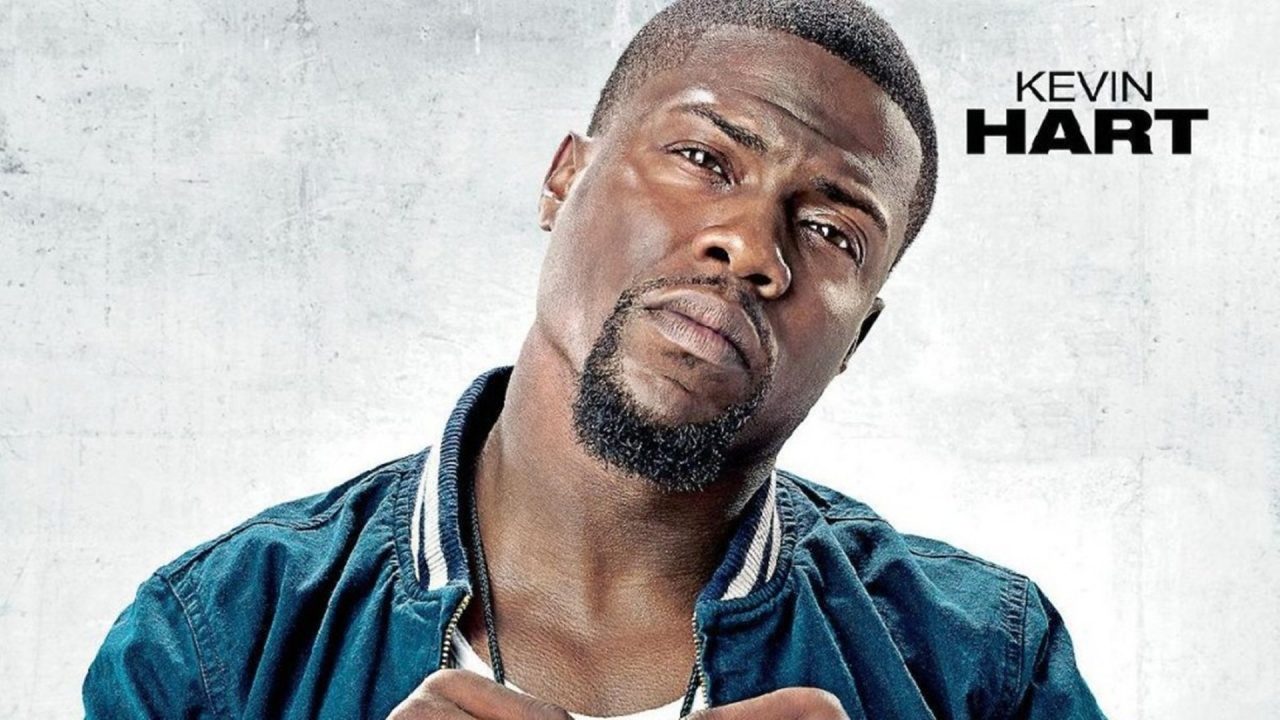
Kevin hart plays the caretaker in ‘The Upside’
But the film has caused a storm of protest with the disabled community stating once again a disabled film part has gone to an able bodied actor. Cranston defended his role and stated, “We live in a world of criticism, and if we’re willing to get up and try something we have to also be willing to take criticism.”
He went on to add, “I think being cast in this role as a quadriplegic really came down to a business decision. As actors, we’re asked to be other people, to play other people. If I, as a straight, older person, and I’m wealthy, I’m very fortunate, does that mean I can’t play a person who is not wealthy. Does that mean I can’t play a homosexual?”
“This a case of catch 22 and there should be more opportunities for disabled actors.”
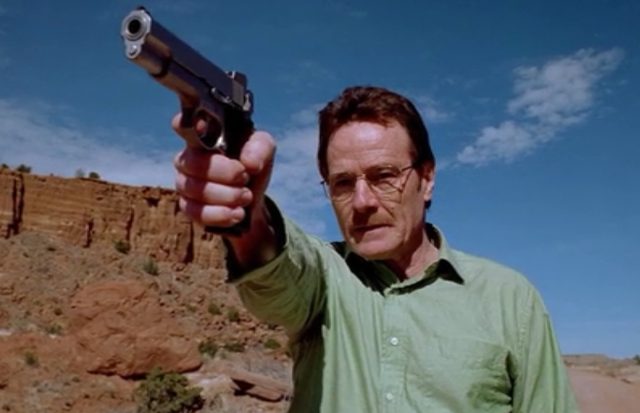
Bryan Cranston in ‘Breaking Bad’
But diversity in the film industry is a continuing and contentious issue that has divided the acting community who believe not enough disabled people are being offered roles.
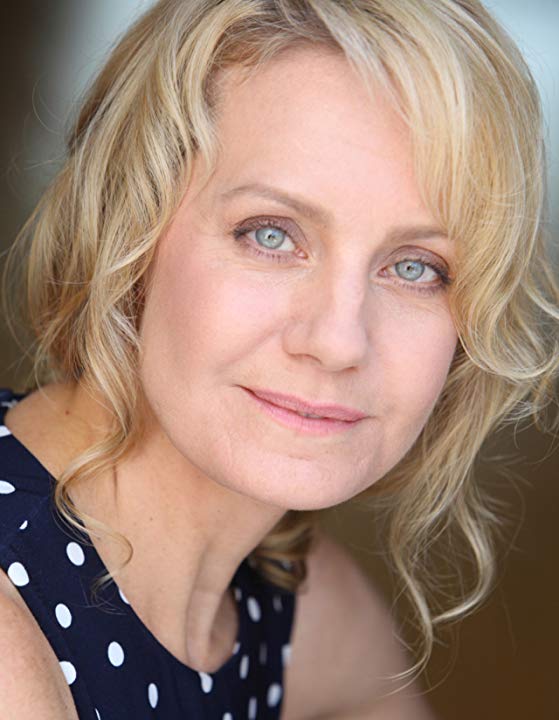
Eileen Grubba – Hollywood Actress and disability advocate
We asked Eileen what she thought about this, and what is happening now and what should be changed.
“Yes it is a catch 22. If performers with disabilities were allowed to play all the other roles, as they do in real life, it wouldn’t be so offensive when a disabled role is is cast with a non-disabled actor. Also, because so few performers with real disabilities are ever cast, many of the portrayals are stereotypical, inaccurate and unappealing, which harms the community, leading to further discrimination against them.”
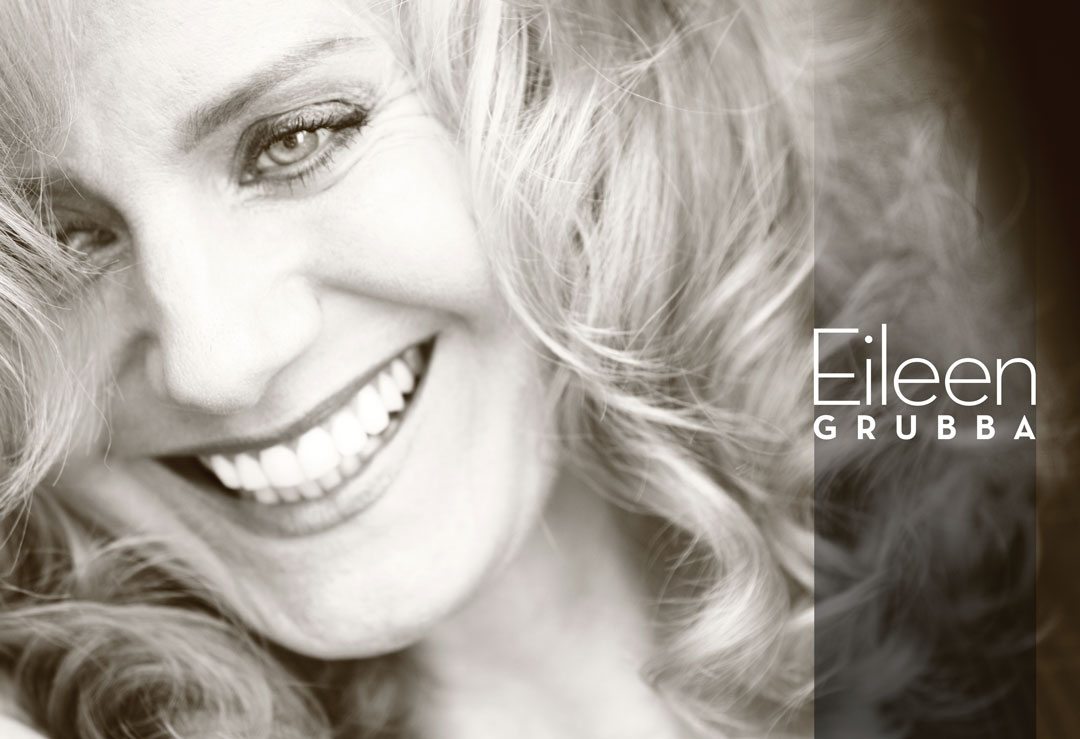
“When a film is financially forced to hire a star for a lead role with a disability, we ask that star to make sure that some other sizeable role, in that same film, is cast with a disabled actor, in a non-disabled role. That would help even the odds, and get us closer to fair and equal opportunity for all. It would help disabled actors build valuable credits and gain name value.”

“When all actors are given equal opportunity for all roles, then few will really care who plays what roles, right? It’s only when a group is being completely eliminated that it remains an issue. This applies to all communities, how would anyone feel if we continued to take all of their roles, AND not let them play any of ours? Think about it.”

